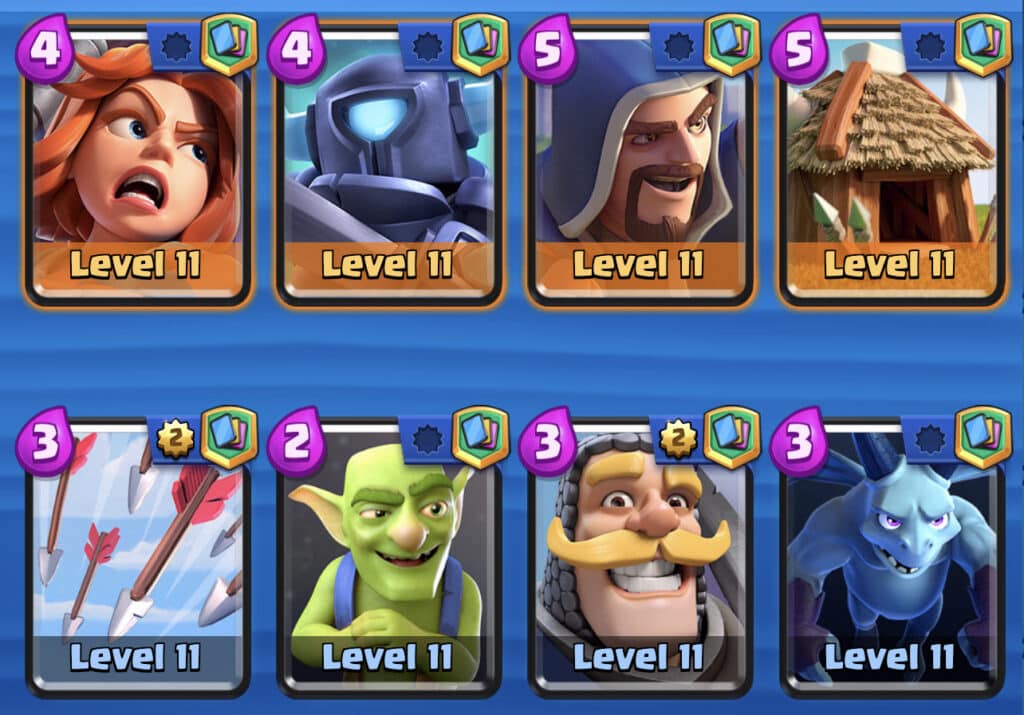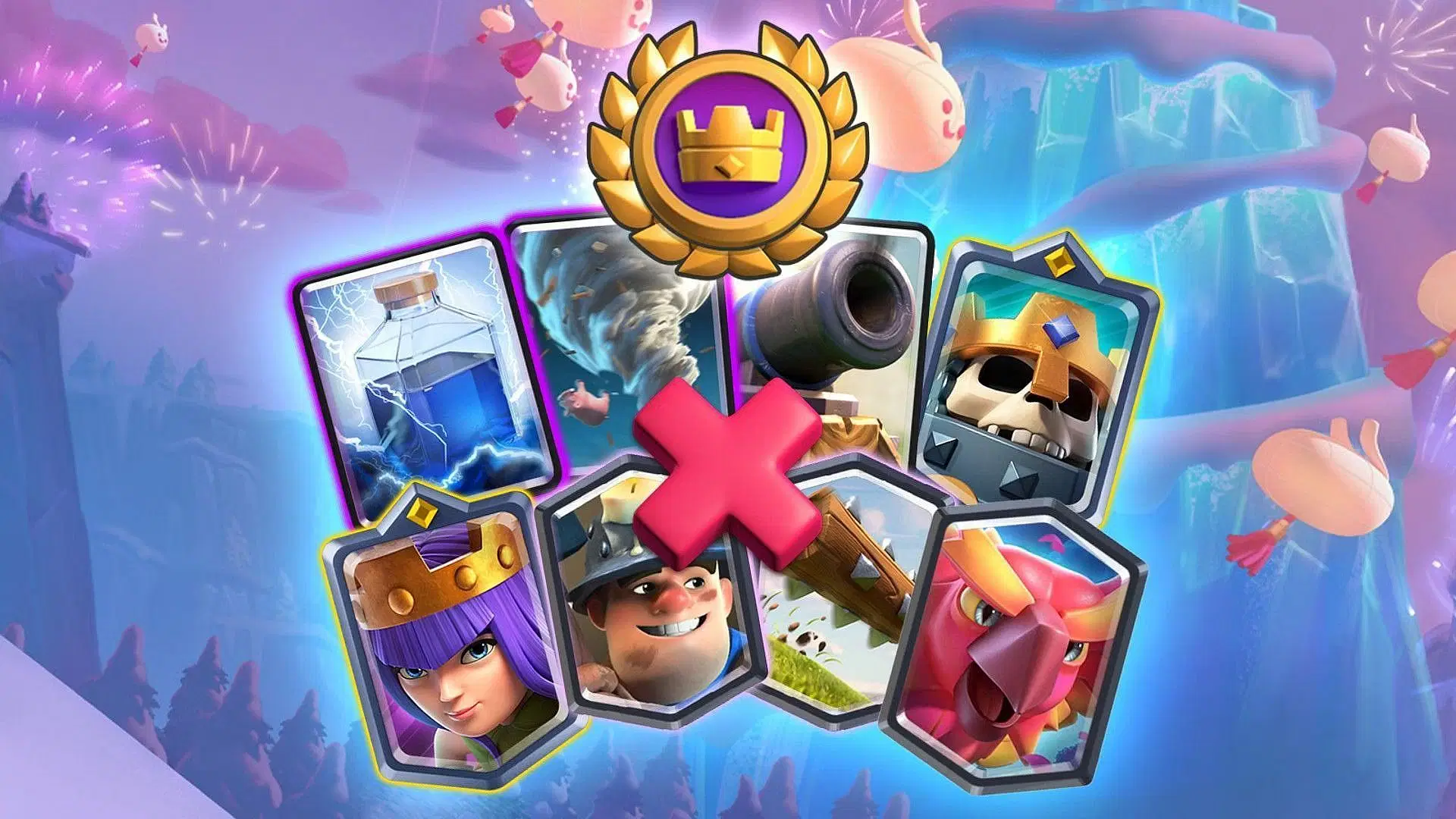Introduction
Dune Board Game, based on Frank Herbert’s renowned science fiction novel, transports players to the desert planet of Arrakis, a world fraught with political intrigue, resource scarcity, and interstellar conflict. With its emphasis on strategy, alliances, and combat, this game captures the essence of Herbert’s universe, allowing players to engage in the epic struggle for control over the valuable spice melange. Designed for 2 to 6 players, the game’s depth and complexity offer a rich and immersive experience. This guide explores how to play the Dune board game, including setup, gameplay mechanics, and strategic considerations.
Game Setup
Setting up the Dune board game is a fundamental step that lays the foundation for a successful and engaging session. Begin by unfolding the game board, which depicts the various regions of Arrakis, including key locations such as spice fields, strongholds, and desert spaces. The board layout is crucial as it defines the areas of control and strategic importance for each faction.
Each player selects a faction from the available options: Atreides, Harkonnen, Corrino, Ordos, Fremen, or Bene Gesserit. Each faction comes with its unique strengths, abilities, and starting resources. Place the faction’s tokens, including units and control markers, on the board according to the setup instructions specific to each faction. These tokens will track the faction’s influence and movements throughout the game.

Prepare the spice deck and the battle deck by shuffling each separately. The spice deck represents the spice resources on Arrakis, essential for the game’s economy and gameplay mechanics. The battle deck contains cards that determine the outcomes of combat encounters. Place these decks face down in their designated areas on the board to be drawn as needed during gameplay.
Organize the various tokens and markers required for the game, such as spice tokens, control markers, and player reference sheets. Ensuring that all components are correctly placed and accessible will facilitate a smooth and enjoyable game experience.
Before beginning, all players should familiarize themselves with their chosen faction’s abilities, starting resources, and objectives. Understanding these aspects is crucial for developing an effective strategy and navigating the game’s complexities. Once the setup is complete and players are acquainted with the rules, the game is ready to commence.
Game Objectives
The central goal of the Dune board game is to dominate the planet Arrakis by managing resources, engaging in political maneuvering, and winning battles. Victory is achieved through control over spice production, strategic alliances, and tactical victories. Each faction has specific victory conditions, which may include controlling certain regions, accumulating resources, or achieving particular strategic objectives.
The game’s cooperative and competitive nature requires players to balance their individual goals with the broader dynamics of the game. Success often hinges on navigating alliances, managing resources effectively, and leveraging the unique abilities of each faction. Players must also contend with the shifting landscape of the game, including changes in control, alliances, and available resources.
Gameplay Structure
Gameplay in the Dune board game is organized into turns, with each player taking sequential actions. The turn structure encompasses several phases, each representing different aspects of strategy and decision-making.
The Spice Phase: begins each turn by distributing spice tokens across the board. Spice is a vital resource, used for military funding, purchasing cards, and influencing various game elements. Spice tokens are placed in spice-rich regions of Arrakis, and players collect spice based on their control over these areas. This phase sets the stage for resource management and strategic planning for the turn.
The Movement Phase: allows players to move their units across the board. Movement is determined by the faction’s abilities and the game’s rules. Players can advance their armies, establish control over regions, and position themselves strategically. Effective movement is essential for both offense and defense, as controlling key areas can provide significant advantages.

The Battle Phase: involves resolving combat encounters between factions. Combat is determined by drawing from the battle deck, which features cards representing various combat outcomes. Players engage in battles to gain control of territories, defend their strongholds, or eliminate rival units. The outcome of these battles depends on the cards drawn and the strategic decisions made during combat.
The Spice Trade Phase: allows players to engage in diplomacy and trade. This phase provides opportunities for negotiation, alliance formation, and resource trading. Diplomacy plays a crucial role in the game, as forming alliances and making deals can influence the game’s dynamics and contribute to achieving strategic goals.
The Maintenance Phase: concludes the turn by updating the game state based on the previous phases. Players check control markers, adjust resource levels, and prepare for the next round. This phase ensures that the game remains balanced and that players are ready for the upcoming actions.
Dune Board Game: Strategies For Success
To excel in the Dune board game, players must employ a variety of strategies and tactics. Each faction’s unique abilities and strengths should be leveraged to achieve victory. Balancing military operations, resource management, and diplomacy is key to navigating the game’s complexities.
Effective resource management is crucial for success. Spice and other resources need to be carefully allocated to support military operations, purchase cards, and influence the game. Players should manage their resources wisely to ensure they can execute their strategies and respond to challenges.
Understanding and utilizing each faction’s abilities is essential. Each faction in the game has distinct advantages and special powers that can provide a strategic edge. Players should exploit these abilities to enhance their position and compensate for any weaknesses.
Diplomacy and alliances are central to the game. Negotiating with other players, forming temporary alliances, and making strategic deals can significantly impact the game’s dynamics. Effective diplomacy can help secure resources, gain support in battles, and influence the overall outcome.
Tactical combat decisions are critical during battles. Players must choose their engagements wisely, use their units effectively, and anticipate opponents’ moves. Understanding the battle deck and making strategic choices can determine the outcome of combat and influence the game’s progress.
Being adaptable is crucial in the Dune board game. The game’s dynamic nature means that conditions and alliances can shift rapidly. Players must be flexible and adjust their strategies based on changing circumstances to maintain an advantage and achieve their objectives.
Tips For New Players

For those new to the Dune board game, the following tips can enhance the experience and make gameplay more enjoyable:
Familiarize Yourself With The Rules: Before starting the game, thoroughly read the rulebook to understand the mechanics, objectives, and gameplay structure. Familiarity with the rules helps avoid confusion and ensures a smoother experience.
Start With A Simpler Scenario: Beginners might consider starting with a simpler scenario or a reduced number of players to learn the basics. Simpler scenarios provide an introduction to the game mechanics and help players get accustomed to the gameplay.
Communicate And Collaborate: Effective communication with other players is key. Discuss strategies, negotiate deals, and coordinate actions to enhance the overall experience. Collaboration and information sharing can improve the chances of success.
Focus On Strategy: Develop a strategic plan based on your faction’s abilities, resources, and objectives. Plan your moves, manage your resources, and adapt your strategy as needed. A focused approach helps achieve your goals and navigate the game’s complexities.
Enjoy The Experience: Embrace the adventure and immerse yourself in the world of Arrakis. The Dune board game is designed to be engaging and immersive, so focus on enjoying the strategic challenges and interactions with other players.
Conclusion
The Dune board game offers an immersive and strategic experience set in the epic world of Arrakis. With its detailed gameplay, unique faction abilities, and complex interactions, the game provides a rich and engaging adventure for players. By understanding the setup, gameplay mechanics, objectives, and strategies, players can navigate the desert planet, form alliances, and achieve dominance in the struggle for spice.
Whether playing with friends or family, the Dune board game delivers a memorable experience that captures the intrigue and excitement of Herbert’s universe. Embrace the strategic challenges, negotiate alliances, and immerse yourself in the adventure of Arrakis. With careful planning and tactical thinking, you can master the game and emerge victorious in the battle for control of the spice.











